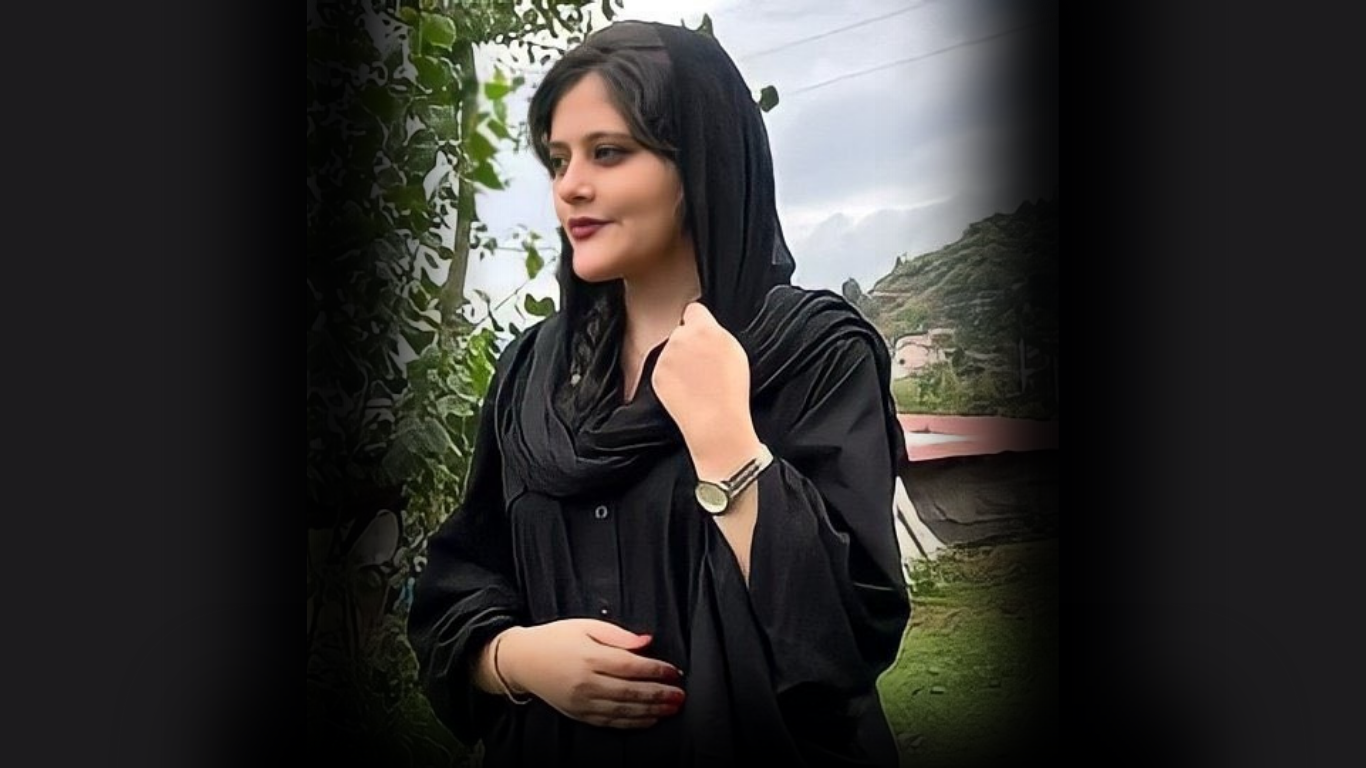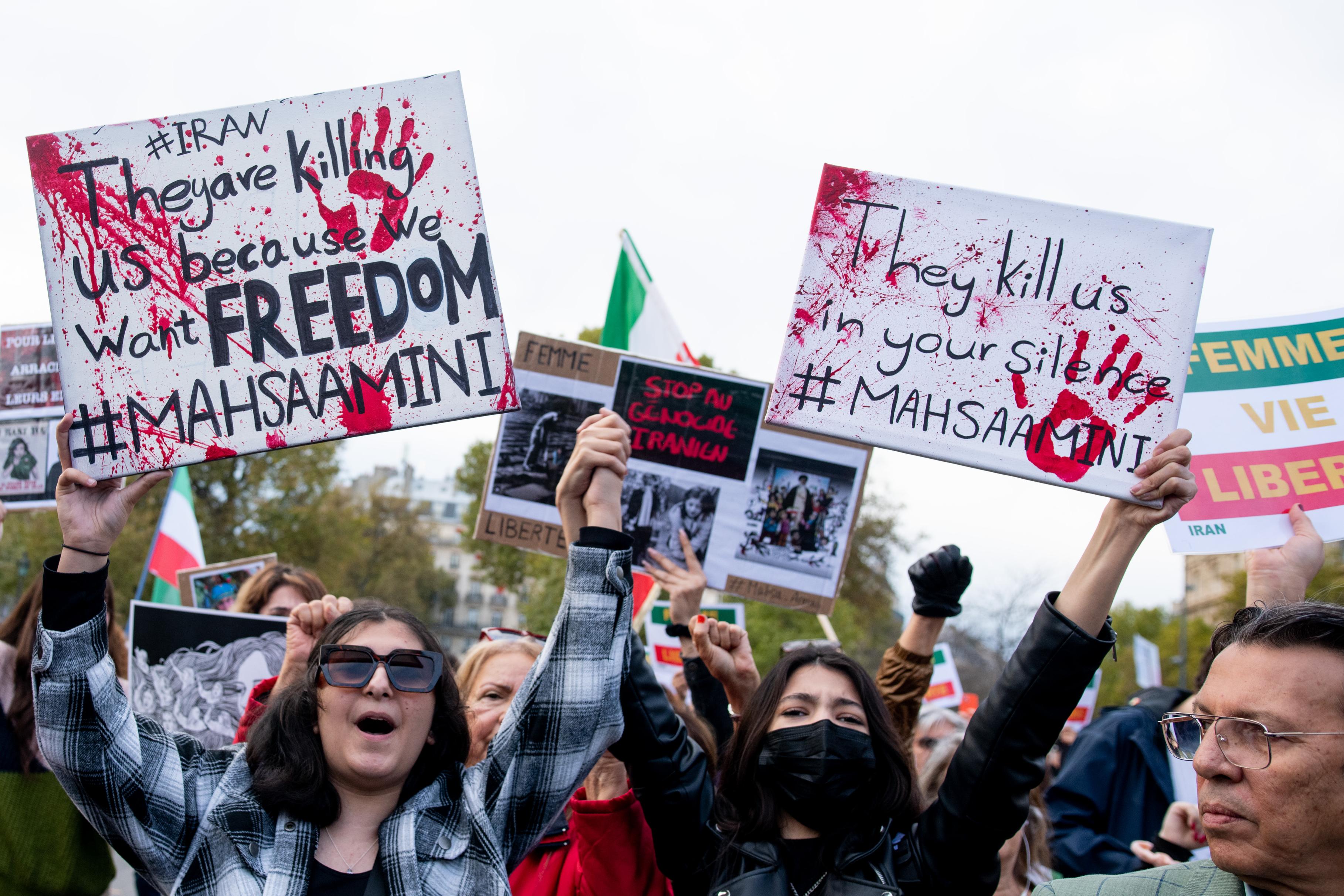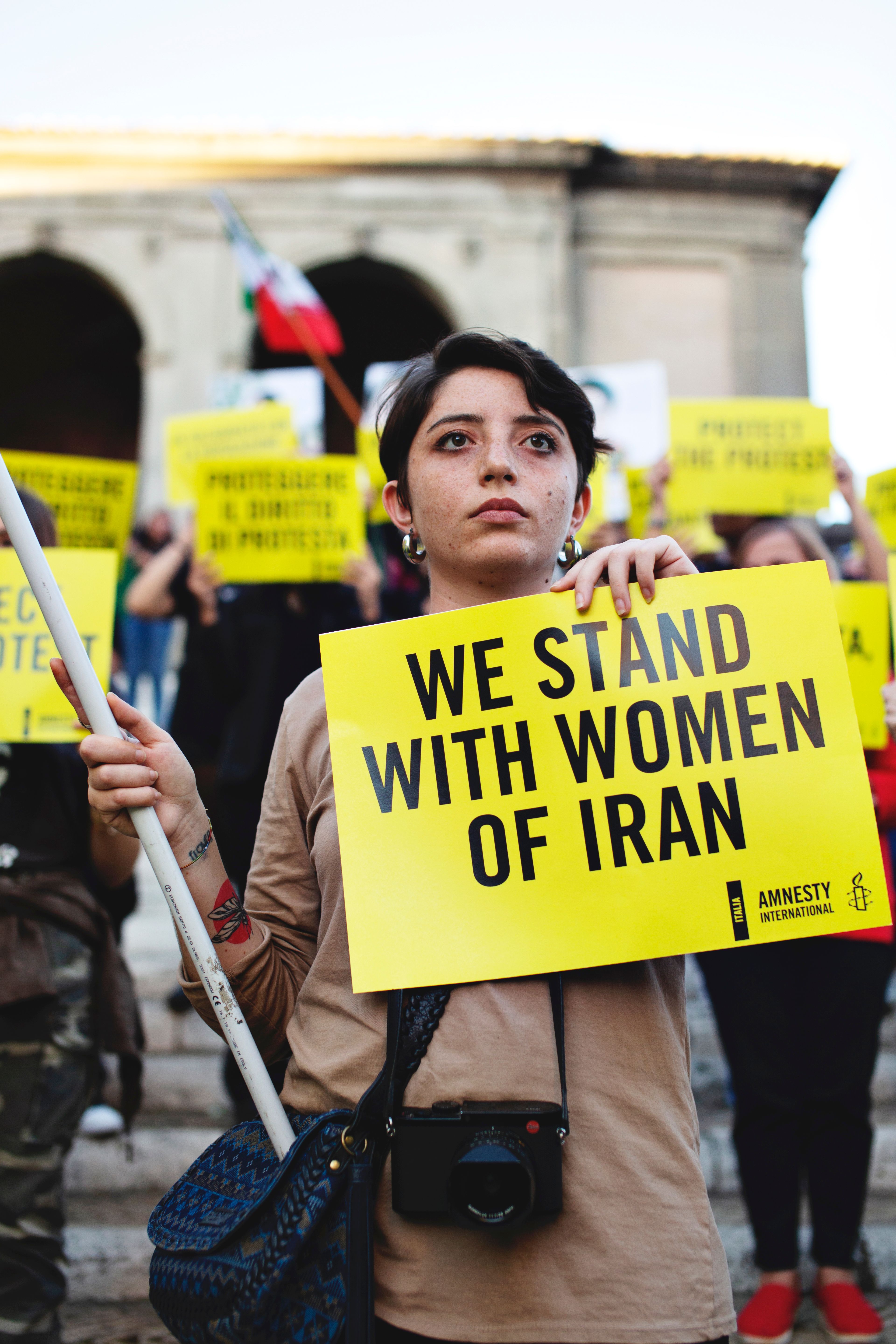Three years after Amini, women still victims of violence daily
by Aida Tavassoli

This article originally appeared in The Post | Te Upoko o Te Ika on 16 September 2025. Read it here.

Aida Tavassoli is a women’s rights advocate, former board member of the National Council of Women, and founding member of the Iranian Solidarity Group New Zealand
OPINION:
Violence against women takes many forms, but they all stem from a system of deep patriarchy that dictates a certain way of being for women.
In the West, research has long shown objectifying women’s bodies and portraying them as sexual objects has dehumanised them. While feminist movements have challenged this, traces of it remain.
This objectification starts early and shapes how girls are raised. In Aotearoa New Zealand, few women still join some male-dominated industries, like engineering or computer science. Things are slowly changing.
Protective laws are essential, yet fragile - as we’ve seen with abortion rights in the US And even when such laws exist, cultural norms around women’s bodies still take a toll. Despite progress, women are still pressured into ideals of beauty and youth, and violence against them -remains persistently high.
A sense of entitlement over women’s lives has not disappeared. Femicide, the intentional killing of women, often occurs at the hands of men they know. Membership in certain men’s groups has surged (see Men Who Hate Women by Laura Bates), with some promoting violence.
Protective laws are essential, but they cannot stop this on their own; education and social change are equally vital.
Compare this to modern theocracies in West Asia - specifically Iran. For more than four decades, it has forced women to cover up and controlled their movements, claiming this liberates them from Western objectification. The opposite has happened. Women became the focus of male attention, and sexual harassment skyrocketed.
Covering women made them more vulnerable, as authorities often dismissed harassment by blaming them for not being “covered” adequately. Laws reduced women to emotional objects in need of male protection.
Women’s basic rights - to higher education, work, marriage, divorce, custody, travel, inheritance, etc - are unprotected and at the mercy of fathers and husbands. This system is gender apartheid.
Stripping women of rights through legislation makes them targets of extreme violence with impunity. The system signals to men that such violence is acceptable, as they legally own women. Three years ago, on September 13, 2022, Jina (Mahsa) Amini, a young Kurdish-Iranian woman, fell into a coma from head injuries while in custody of the morality police. Her death three days later ignited the Woman Life Freedom revolution. Her killing wasn’t isolated - it was simply noticed by two female journalists No-one knows how many other women have been beaten or killed by authorities like the IRGC.
Jina’s murder opened a new chapter, with women’s and human rights organisations documenting femicides and raising international awareness. In Iran, official records show that a woman is killed by a man every other day. Twenty-four were killed in March and 22 in July. But these are only the reported cases; the real number is almost certainly much higher.
These killings fall into two categories: honour killings by male relatives and killings by husbands. Authorities often dismiss them as mere “family dispute incidents”, a categorisation that severely understates their seriousness, while laws frequently protect men from accountability. If a father kills his daughter, he may face up to 10 years in jail- but the mother can forgive him, and he walks free. It’s obvious the father would threaten the mother to forgive him, or harm her too.
Honour killings are linked to men’s legal rights to own women and harmful social norms. Women are described as the honour of men, and any perceived loss of that honour can result in punishment or killing.
A system that declares women worth half of men also refuses to educate boys about respecting women. Yet out of this oppression, Iranian women rise. Year after year, they excel in higher education and graduate in male-dominated fields, often outperforming their Western counterparts.
They excel, but their progress depends on men. If born into an intellectual middle-class family, they may realise some of their potential; if born into a conservative family, their chances are near zero. The traditional role of women is at home, raising children. This sits at the heart of the theocracy, which controls the population by controlling women.

Since the Woman Life Freedom revolution, many Iranian women fight back, refuse to wear the mandatory headscarf and share videos of singing and dancing in public. They normalise these forbidden acts through resistance. Despite harassment, fines, and arrests, they persist.
The regime punishes women through intimidation, accusations of mental illness, detention, lashes, white torture, pretend suicides, and execution. How long can this go on if we don’t prioritise their plight?
Currently three women’s rights activists are at imminent risk of execution: Sharifeh Mohammadi, Verisheh Moradi and Pakhshan Azizi.
Violence against women is not confined to one region or one regime. It exists everywhere - in different forms and with varying degrees of visibility. Whether it’s the lingering objectification and entitlement in Western democracies or the codified oppression and gender apartheid in theocratic states, the root is the same: patriarchy.
And the fight against it must be global. Women in countries like Iran and Afghanistan are resisting under extreme conditions, often risking their lives for freedoms others take for granted. Their courage should not be met with silence.
Feminist movements, civil society, and governments worldwide - especially those in formerly theocratic countries - must rally behind them, not out of charity, but out of shared purpose. Because the struggle for women’s rights anywhere is the struggle for women’s rights everywhere.
We must abolish patriarchal laws disguised as culture, religion, or tradition. We must build universal, context-sensitive education systems that dismantle harmful norms and teach respect, equality, and autonomy. Smashing patriarchy is not a regional issue—it is the defining global fight of our time. Let’s make it happen. Together.
